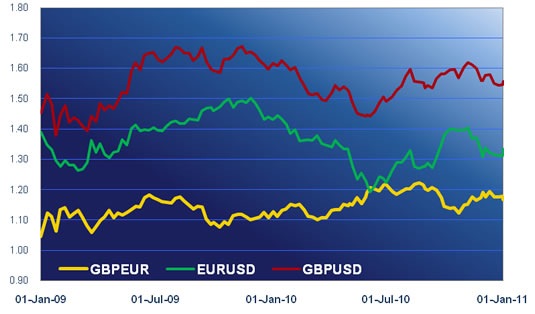– Roll up, roll up
– Please…
Good morning. Its original coinage is variously attributed to King Charles I, Benjamin Jowett and John Arbuthnot Fisher. Therapy used the phrase as the title of an unmemorable 2004 album. John Wayne popularised the expression in the 1949 film “She wore a yellow ribbon”. His compatriot took the motto to new levels yesterday when he appeared before the Treasury Select Committee wearing a Diamond tie and a Diamond watch. “Never apologise and never explain; it’s a sign of weakness.” The chief executive of Barclays Bank did not actually use the words but his demeanour was redolent of The Shootist as he picked off his adversaries one by one until he was the last man left standing. The closest he came to explaining was when he said, in effect, that his wife would decide whether or not he should accept an £8m bonus this year. As for apologising, he said “There was a period of remorse and apology for banks and I think that period needs to be over.” His line was clear; if you want the best people you have to pay them big bucks. There was certainly no sign of weakness from the chap whose last decade on the bank’s executive committee coincided with a halving of the firms value from to 580p to 290p a share.
Investors did not know whether to squirm or to apply for a job at Barclays. They were similarly dichotomous about the euro. On the plus side, Japan is going to buy a shedload of Euroland multi-government bonds this month and China has said it will invest in Spanish sovereign debt. On the negative side, Portugal is going to have to pay a ridiculous rate of interest on the €1.25 billion of debt it sells today. In particular, it will have to pay a higher rate than the level it described a couple of months ago as “unsustainable”. On balance yesterday the Sino-Japanese support counted for more than the Lusitanian squeeze and it looks as though investors will keep their powder dry until they see how Portugal, Spain and Italy fare with their debt auctions this week.
Sterling maintained its unusually tight correlation with the euro. It opens in London this morning unchanged from its position on Friday afternoon, having covered a range of little more than half a cent over that period. In sterling’s favour are its separation from the continental crisis of confidence and an increasingly widespread murmur about higher UK interest rates. The economic argument cuts both ways: Britain’s economy outperformed Euroland and North America in the third quarter of 2010 but the guess is that it will not manage the same thing in Q4 and could even slip back into negative growth next year as the spending cuts bite.
Its test today will be November’s imbalance of trade. The deficit is predicted to be similar to the one in October. Divergence in either direction could move the pound. Other figures due for release are Euroland industrial production, US import prices and Canadian new house prices. The Federal Reserve publishes its Beige Book survey of economic activity this evening and the important Australian employment numbers come out overnight.
With such a dearth of interesting ecostats the Iberian auction is likely to be the main focus for investors today. If Eastern buyers ride to the rescue and Portugal can offload its bonds at a sensible price the euro could quite easily go higher. If Portugal has to pay through the nose or even – perish the thought – fails to shift its full amount, thoughts will turn to the timing of what will have become the inevitable bailout.






